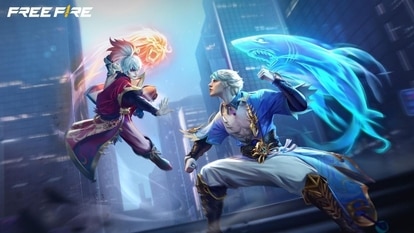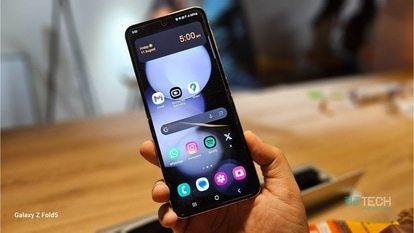How social media will tell on elections
Last week, a study suggested that as many as 160 Lok Sabha constituencies could be called “high impact” in terms of the extent to which Facebook could influence Indian elections in 2014.writes N Madhavan.
Last week, a study by IRIS Knowledge Foundation supported by the Internet and Mobile Association of India (IAMAI) suggested that as many as 160 Lok Sabha constituencies could be called "high impact" in terms of the extent to which Facebook could influence Indian elections in 2014.
This it based on constituency-wise statistics of Facebook users.
The study said that constituencies can be described as "high impact" in those areas where the number of Facebook users are more than the margin of victory of the winner in the last Lok Sabha election — or where Facebook users account for 10% of the voting population.
It is a nice assumption, but it kind of misses the main point. Social media is not simply a matter of headcount like elections.
The popular mood can be engineered to some extent by activists going online, but over a period of time, social media will be like instant market research reflecting the mood of the general public.
This in turn means that politicians will fine tune their speeches, focus on issues, or sensitivity to candidates in nomination and appointments, based on the mood changes.
Facebook already has nearly 71 million users in India. However, below Facebook and Twitter, there are other sites like Gupshup.com (which has built a base of 45 million users based on SMS groups).
Information and opinion shifts from one network to the other and can spread.
So a YouTube speech can trend on Twitter, get shared on Facebook and be discussed in a village chai-shop by someone who is part of Gupshup's SMS group.
The bottomline: social media is about informed influencers who can reach across to offline voters. It is not a simple matter of voters who are users.
Catch all the Latest Tech News, Mobile News, Laptop News, Gaming news, Wearables News , How To News, also keep up with us on Whatsapp channel,Twitter, Facebook, Google News, and Instagram. For our latest videos, subscribe to our YouTube channel.

























